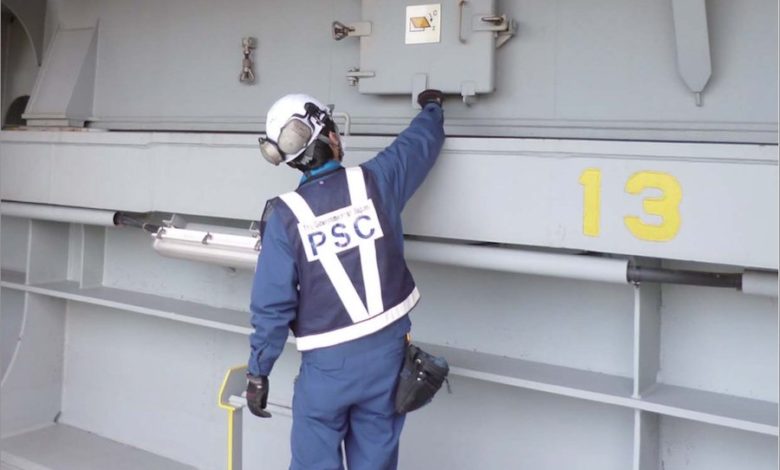A tech guy’s view about Paris MoU’s decision to restrict data access

George Wang, a professor with Jiangsu University of Science and Technology, argues that going forward shipping will have to get used to sharing more and more data.
Everyday we talk about digitalisation, whether it be autonomous shipping, satellite communications, cloud, IoT, machine learning, or AI. The future is bright, and we can’t wait for the day when these technologies revolutionise the maritime world.
Availability of data is, no doubt, essential to this transition. Emerging technologies are all data hungry, demanding more data that moves increasingly faster.
The reality is, however, nowhere close to ideal – not many people are willing to share data. Sadly, we note that the Paris MoU has recently decided to stop providing incident reports. This is quite disappointing, especially to tech companies that provide valuable insights by analysing publicly accessible data.
The fury of RightShip is understandable. Their risk-ranking scheme relies on PSC data to benchmark the safety performance of a ship. Without PSC data as trusted data sources, how can RightShip compare one ship’s safety performance with its competing tonnage?
Fortunately, it is not a show stopper to RightShip. Their CEO acknowledges that there is a way to get around this setback. I believe so, because great engineers are great for one simple reason – you have a problem, they give you a solution.
In a broad sense, the impact of Paris MoU’s decision is rather limited, especially when viewed from a 30,000 ft height. On the journey towards a data-driven future, the maritime industry demands for improvement by many measures (or, performance indicators) –
- Safety
- Efficiency
- Environment
- Economy
- Autonomy
Safety is a very important performance measure, but not all that must be addressed. And fortunately, we have a lot of trusted data sources related to shipping safety, among which Paris MoU is a great one. In comparison, we don’t have industry-wide sharable data when it comes to energy efficiency of our main engines, nor do we know how to quantitatively benchmark commercial competiveness of one ship versus an entire industry. Luckily, we will soon have the EU’s MRV dataset so that we will be able to evaluate a vessel’s emission performance. And we will also need to figure out how to evaluate an unmanned vessel’s autonomy performance.
To illustrate this point, I created this table to visualize data used/needed by some projects. Obviously, there are a lot of data gaps to fill. Losing access to Paris MoU is disappointing, but it can’t stop us from charging forward in the digitalised maritime world. We have a very broad range of things to explore, while we must continually fight for data accessibility and transparency.
Data used by some projects (green cells)


Based on the first sentence, the commentator seems to presuppose that everyone sees benefits in the new digital world order; this made me chuckle.
Anyway, shipping companies have plenty of opportunities digitalising their ship operations using just the DC system, a data logger, and one or two medium math-savvy people (ie university grads). I’m not sure what is the benefit of industry-wide initiatives to the companies that actually see the competitive value in this. Digitalisation will also be pushed by charterers, which are often companies that do this in their non-shipping operations anyway.
There is certainly a difference between “Nice to Know” and “Need to Know”.